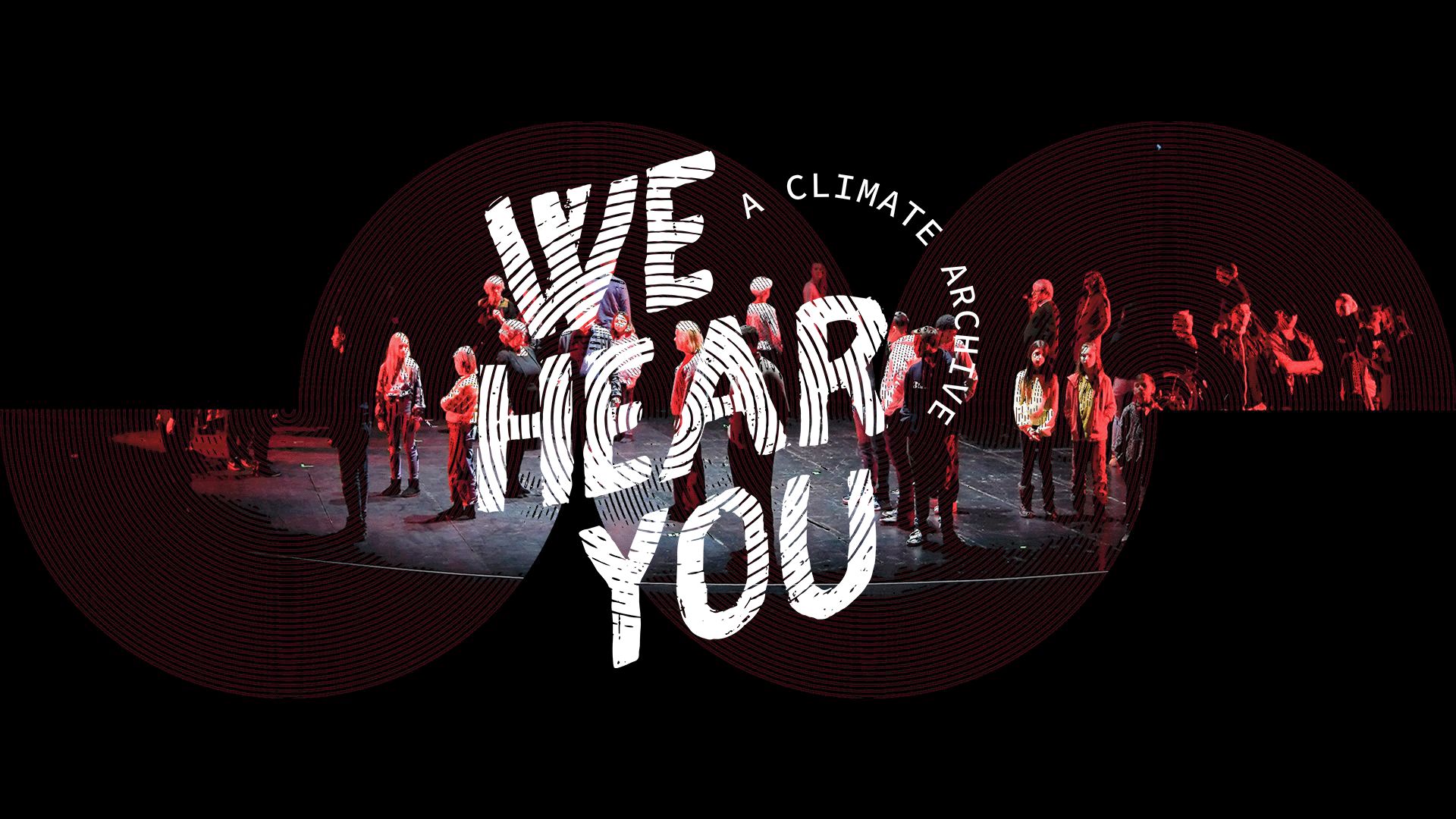Wijdan | She/Her
The Gift of Sandstorms
Palestine | Doha, Qatar
Mediterranean Forests, Woodlands, and Scrub
Deserts and Xeric Shrublands
Mangroves
Session 1: October 12, 2022
In Qatar we have very interesting climates. Two years ago, maybe three years ago, we had a really bad flood in October, and that is super uncommon for us. Like the rain season doesn’t usually start then, and also the drainage system wasn’t prepared because it wasn’t time for the rain yet. And so there was a really really bad flood in the country.
And then this year, in 2022, we have this running joke of four seasons in one day, because literally it can be sunny in the morning, dusty in the afternoon, raining, and then windy. We can experience so many kinds of seasons in a day, and we’ve been… blessed—always blessed—but we’ve received the gift this year of sandstorms.
Like, we always have sandstorms, but this year was different because they came out of place in random months. It’s not anything consistent. And they were really more aggressive than usual. I was born and raised here, I’m almost 23, so we’ve had sandstorms our entire lives, but this year is different.
I can tell that it’s different. It’s more aggressive. It’s the way it’s affecting us, like the allergies and the symptoms you feel have changed, and the visibility driving to work… It was never this bad. It was never—like it just feels like It’s getting worse.
And at the same time, everything stays normal. We still go to work. Nothing, nothing changes. We still have to drive. We still like—we obviously just minimize walking outside (and here we don’t walk a lot outside in general, because it’s usually really hot except in the winter months.) But yeah. That’s kind of what I was thinking of.
[Second voice: I have never experienced a sandstorm. What does it smell like?]
It smells like dust.
Like pure dust.
Like sand.
You can’t breathe, and ana, I have allergies. So the pressure in the sinus and in the head is just constant, because it seeps through the windows. We get to a point where we also put wet towels under the doors to block the—because otherwise there’s gonna be a new layer of sand in the house every day.
It’s interesting. I don’t recommend it, but if you’re curious, you’re more than welcome to come experience it. Although honestly, haram, it doesn’t happen that often. It’s just the timings this year… very random.
[Second voice: What color is the sand?]
Hold on. let me try to find… (scrolling through photos on her phone) It’s like the entire sky becomes like beige…
(Finding a photo)
So you can see this is all the cloud, it’s all like sand coming at the city.
This is the city. This is my way to work.
(Okay, I’m trying to get no reflection. I apologize.)
It’s just there’s… nothing. Normally you see buildings.
There’s no buildings.
It’s like a sandstorm.
[Second voice: Wow. I also love that you called it a gift.]
I don’t wanna say—
Ya’ani—
Everything’s a blessing in one way or another, whether we recognize it or not.
Wijdan is a Palestinian producer based in Doha, Qatar. She earned her BS in Media Industries and Technology at Northwestern University in Qatar and completed her MA in Women, Society, and Development at Hamad Bin Khalifa University in Qatar. Her work and research focus on Palestinian women. In addition to producing, she currently works for Qatar Foundation in the Community Development Department as Marketing Coordinator.

